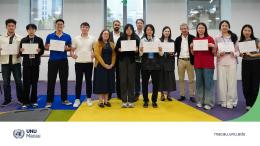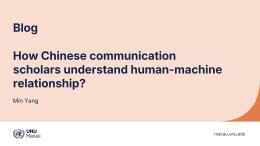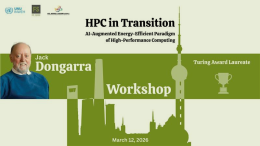CHAIR
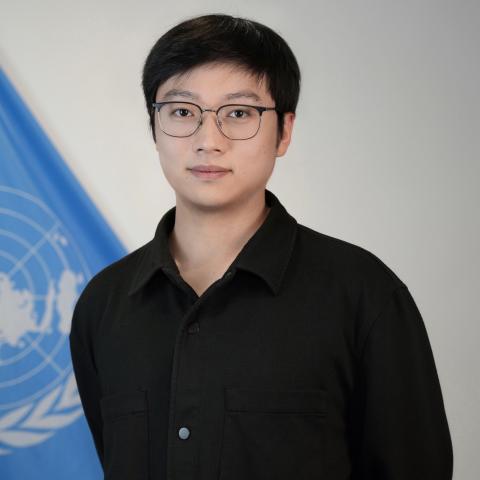
Research Assistant, United Nations University Institute in Macau |
SPEAKERS
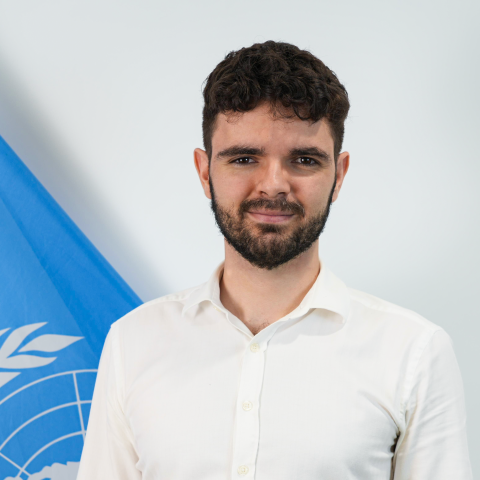
Visiting Research Assistant, United Nations University Institute in Macau | 
PhD Candidate, School of Journalism, Fudan University | 
PhD Candidate, School of Journalism, Fudan University | 
PhD Candidate, School of Public Affairs, Zhejiang University |

Master's Student, School of Software and Microelectronics, Peking University |
DESCRIPTION
Artificial intelligence (AI) is rapidly reshaping the human condition, opening new frontiers in health, urban sustainability, and global cooperation—while simultaneously deepening geographic, economic, and cultural divides. Our proposed full session, “Agentic AI Ecosystems for Equitable Health and Sustainable Cities: Governance, Trust, and Inclusive Innovation,” brings together computer scientists, communication scholars, policy analysts, and systems engineers to interrogate key questions: How can agentic AI systems and models be designed, developed, deployed, and regulated so that their benefits first accrue to those most often left behind? And how can generative, multimodal, and agentic AI models and tools be used responsibly to support more equitable and sustainable futures?
This session presents a series of complementary contributions that collectively examine this challenge from diverse disciplinary and regional perspectives. Grounded in technical advances in agentic modeling and medical AI—including large language model (LLM) agents and hypergraph learning—this session also draws on policy and regulatory analyses from China, the United States, and the European Union, as well as empirical studies in low-resource contexts.
Together, the panel spans innovations in AI systems engineering (technical), comparative governance (policy), and mixed-methods research in the social sciences. By weaving together LLM-powered agent-based simulations of equitable urban life and service access, graph neural networks for clinical decision support, demographic analysis of public acceptance of AI health assistants, comparative policy analysis of AI governance in health systems, and LLM-based narrative mining of urban identities, the session offers a cross-sectoral, interoperable toolkit.
Anchored in a shared simulation framework, it explores how infrastructure design, digital trust, and civic discourse shape patterns of access, behavior, and equity across both healthcare and urban environments. The session provides cutting-edge technical AI research aimed at narrowing the digital divide—demonstrating models that perform robustly in data-sparse environments and quantifying attitudes toward AI in underserved groups. Additionally, it foregrounds inclusiveness and capacity building through actionable toolkits—such as open-source code, policy and environmental templates, and participatory platforms—that enable governments, urban healthcare providers, and civil society organizations to customize and localize AI solutions.
Finally, it exemplifies interdisciplinary innovation by combining Agent-based Modeling (ABM), Graph Neural Networks (GNN), Structural Equation Modeling (SEM), comparative law, and computational social science. Collectively, these contributions align with SDGs 3, 10, 11, and 13—advancing healthy lives, reducing inequalities, promoting sustainable cities, and enhancing climate resilience—while exemplifying a responsible, human-centered AI ecosystem.
This session is part of the UNU Macau AI Conference 2025, which brings together thought leaders, innovators, and stakeholders under the theme AI for Humanity: Building an Equitable Digital Future. To view the full program, please visit the program page. To join the Conference, please visit the registration page.
Celebrating #UN80 and #UNUat50 | Oct. 23-25, 2025 | Macau SAR, China
UNU Macau AI Conference 2025 | AI Education Day | AI for SDGs: Global Youth AI Future Innovation Competition

